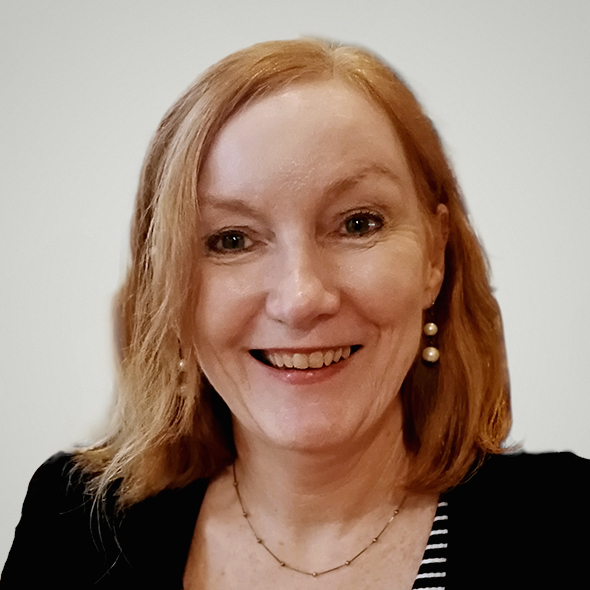She never consciously set out to join boards, but the opportunity came her way in 2010 and since then her board career has flourished. Dr Susan Neuhaus AM FAICD, who has forged a distinguished career as a surgeon and a 20-year career with the Australian Army and Army Reserve, says she chooses boards which align with her values and purpose. Now she is a Council Member at the Australian War Memorial, plus a director with Aspen Medical, Medical Insurance Group Australia and Defence Health Limited. Neuhaus is this week’s guest on Season 2 of the AICD podcast series Boardroom Conversations. Listen to the podcast here.
Describing herself as the “accidental board director”, Neuhaus says when she was approached in 2010 to join the Cancer Council of South Australia, her life changed.
“It was a really formative experience for me. I didn't know a great deal about boards at the time... Very early on, I was given the advice that if you want to understand an organisation, get yourself onto the Audit and Risk Committee. Perhaps not a natural place for me to sit. But nonetheless, it's been really powerful because it is how you understand the DNA of the business, how the business actually works and ticks. And it means that when you come to the board meetings, you’re coming a little bit more informed.”
Risk is an “interesting” area because her defence roles and her board roles both involve significant degrees of risk, she adds. “Risk is quite an interesting thing from a medical perspective,” she told Boardroom Conversations. “Risk is a part of daily life in an operating theatre.”
There are similarities between board work and medical practice. “Both environments have involved leadership and a really clear sense of strategic focus. What is the outcome that you are trying to achieve and what are the red lines? How do you look at risk?”
Evaluation is needed on how you prepare for eventualities and what scenarios and unseen elements can play out. The consequences of decisions you have to make for other people and for yourself are important. “How do you live with those decisions? What are the frameworks you use to construct those?”
Neuhaus adds that ex-defence people often bring some incredible skillsets and perspectives to boardrooms that others don't have. “Particularly when you're talking about really being comfortable in high risk, high stress environments.”
She chooses boards which align with her own personal values and purpose, which resonate for her both personally and professionally as a director.
“Like all directors, I do my due diligence, and I think it's very important to think about who you're going to be sitting around that table with and who you're going to be spending a significant amount of your time. And are your values aligned?
“And then, of course, there's obviously the issue of capacity. What is on your plate at the moment? Where do you have space? Because you do need to be prepared to deal with, not just the business-as-usual aspect of being a board director, but do you have to have the capacity to deal with things when the world might come off the rails, or there's a crisis that needs an enormous amount of investment in terms of time and energy.”
After a long career as a cancer surgeon, Neuhaus has closed her surgical practice and is now transitioning to board roles. “So, I'm very much working these days in areas of need, going back to my grassroots as a general surgeon, which gives me a flexibility that I didn't have when I was in full time private practice.”
AICD influences
In her very first board role, Neuhaus undertook the AICD’s Company Director’s Course. “I didn't know a great deal about boards at the time. I was fortunate to be put through the AICD course, which I think was very, very instructive.
“It is such a powerful course in terms of giving you the skillset or helping you understand what it is that you will need to develop as skills on your director journey. And it is, of course, a continuous learning journey.”
Many years later, she became a national board member with the AICD and is also a past president of the SA/NT Division Council.
“At its core, the AICD is about strengthening society through good governance, and that absolutely resonates with me when we're talking about not-for-profit boards, about uplifting our directors across sporting boards, across school boards. Because if we do that, if we can give community directors, particularly, a set of skills and resources to help uplift their ability to govern those absolutely critical institutions across Australian society, then we uplift everybody. So it is such an important role. I take my hat off to the AICD for the leadership and the education it provides.”
Latest news
Already a member?
Login to view this content



